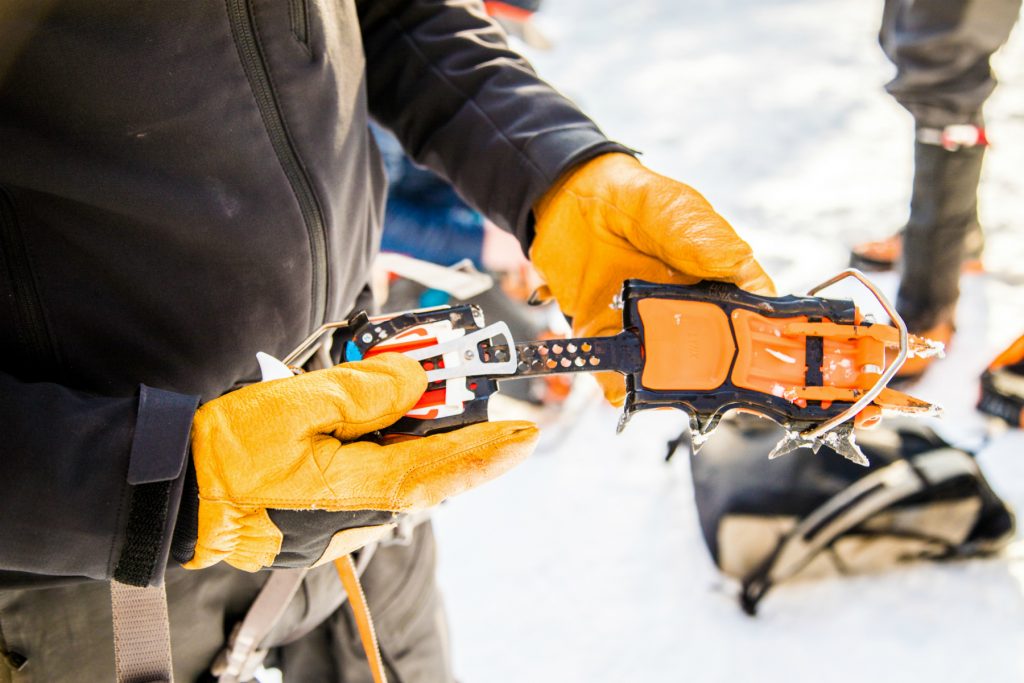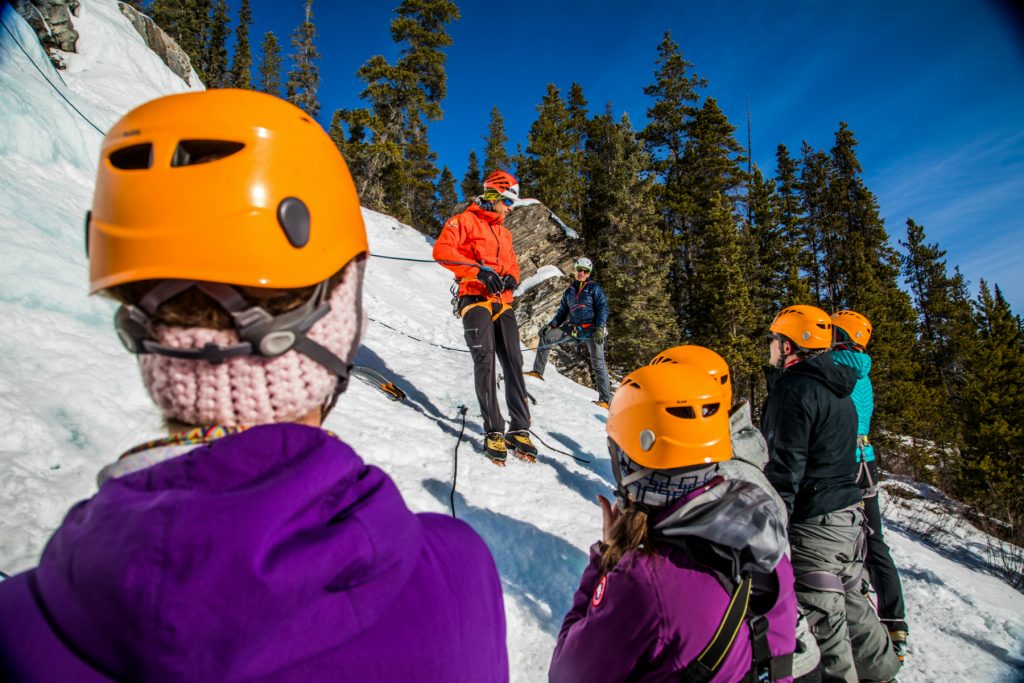Safety is a key ingredient for a rewarding and fun adventure travel experience, however, there has been little consensus among the global community of guides, tour companies, and national regulators in developing an official approach for “adventure travel safety standards.”
This is unsurprising. For an industry dominated by small business owners, and freelance wilderness guides working in all parts of the world, the task of simply convening, let alone wrestling with standards, can seem overwhelming. Perhaps it even seems unnecessary to go to all the effort; after all, adventure travel companies are small companies, most with fewer than ten employees, according to the Adventure Travel Trends Snapshot. The time and money to organize may seem too daunting.

The good news is that, in the last five years, the adventure travel sector has experienced sustained growth in consumer demand, and standards development is now receiving energy and attention. Three important milestones signal improvements in adventure travel safety, and, therefore, quality for the years to come.
Milestone 1: ISO 21101 Standard and Handbook
In 2014, the International Organization for Standardization published ISO 21101: Adventure Tourism Safety Management Systems, A Practical Guide for SMEs. The standard and accompanying handbook, developed by a global team of experts including Adventure Travel Trade Association (ATTA) AdventureEDU educators Gustavo Timo and Jean-Claude Razel, consolidate proven best practices for technical safety in adventure travel operations into a single document.
The adoption of this standard at the ISO level provides the necessary benchmark for national governments to begin organizing the regulation of their adventure travel markets around a single, defined standard. In Jordan, where the ATTA has been advising the Ministry of Tourism and the Jordan Standards Organization, we’ve noted the application of the ISO standard provides a needed baseline for regulators to manage the growing adventure market.
Milestone 2: Travel Guide Qualification
In 2016, the ATTA published the International Adventure Travel Guide Qualification and Performance Standard, a freely accessible standard for adventure travel guides. Based on input from a tireless group of expert guides from 22 countries who volunteered their time, the standard synthesized adventure travel guiding core competencies in five areas. This document, available in two languages, served as a tool for governments, destination managers, and company owners to use when evaluating the quality and performance of their own guides and/or determining appropriate training programs. It forms the basis for the ATTA’s adventure travel guide training course and its “train the trainer” program. To date, it has been used to lead training of more than 100 adventure guides.

Countries focused on the development of an adventure tourism strategy understand well the value of safety in the operations of their local markets. Safety in adventure is the highest expression of quality. When safety education and precautions are observed, guests feel cared for, are able to relax, and can take in all the benefits an adventure experience offers, including a greater appreciation for nature, a sense of accomplishment that comes from having pushed one’s boundaries, and a closer connection with people who share in the experience. When people feel safe and cared for, they refer their friends and business grows.
Milestone 3: Airbnb Adventures
The most recent milestone on this path is the adoption of safety standards by Airbnb, a global company with the reach and market power to motivate broad and extensive uptake. Since December 2018, the ATTA has been advising Airbnb’s Adventures team on safety and best practices for adventure activity guides (known as “hosts” at Airbnb) and their guests. Airbnb Adventures are multi-day excursions that include lodging and meals.
Leveraging the ISO standard and core competencies described in the International Adventure Travel Guide Qualification and Performance Standard, the ATTA has been able to share with Airbnb the adventure association’s knowledge about how to safely deliver and participate in adventure travel experiences. Airbnb Experiences are now being offered in more than 1,000 destinations globally with 30,000 experiences worldwide. Imagine a similar number of adventure travel guests exposed to safety best practices and tips, and it is easy to see how this might raise the bar in the industry globally.
From an economic perspective, adventure tourism benefits rural communities in terms of jobs and revenues. From an environmental perspective, it provides a business argument for conservation. And, from a risk management and safety perspective, it is becoming clear that markets built around safety standards flourish more readily than those that are not.
The adventure travel community will continue to innovate. Increasing focus on quality through the broad application of safety standards supports and encourages responsible expansion of the sector.
